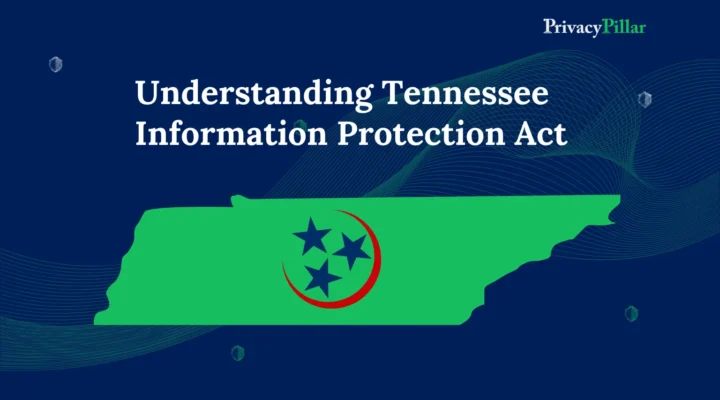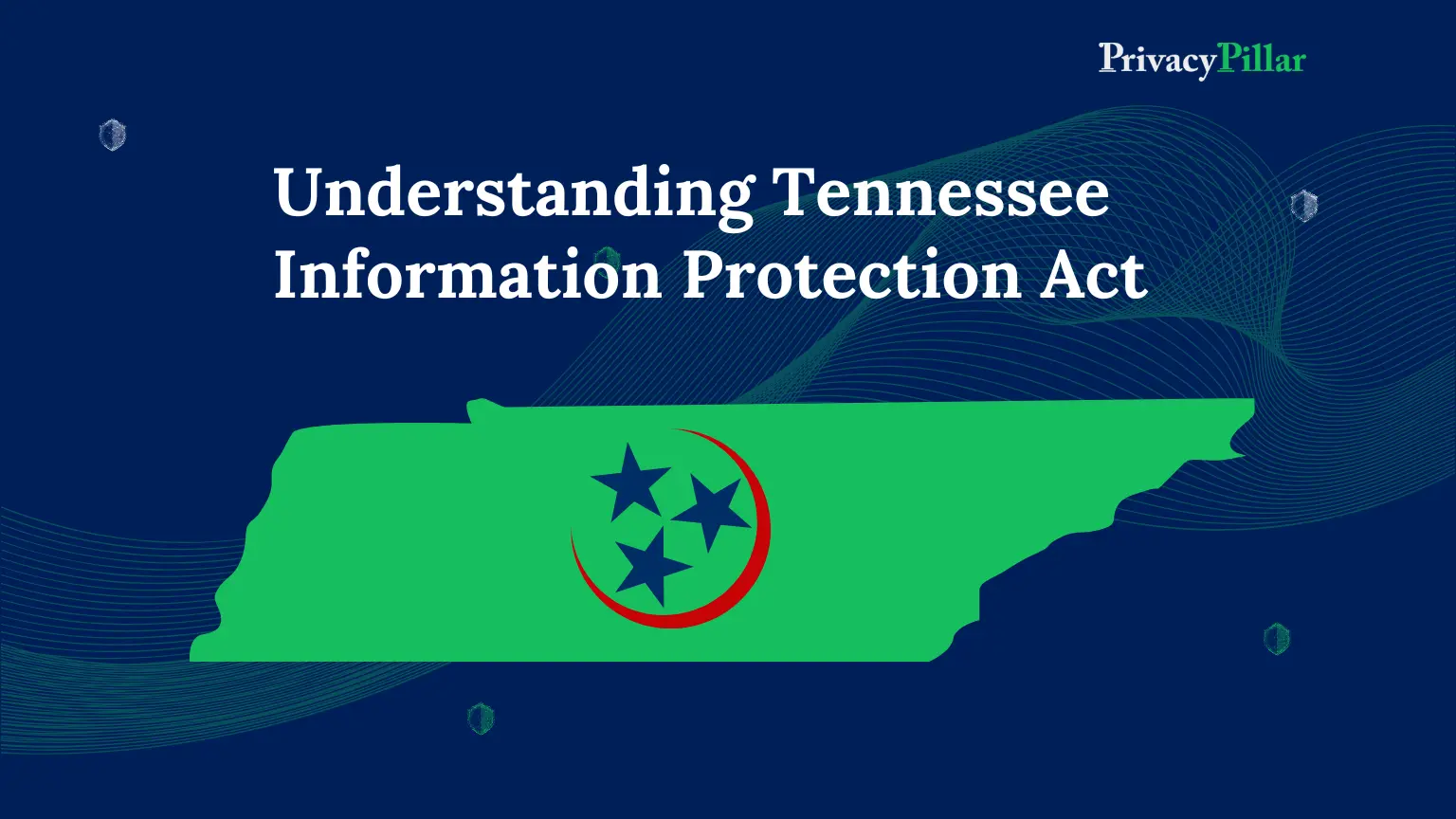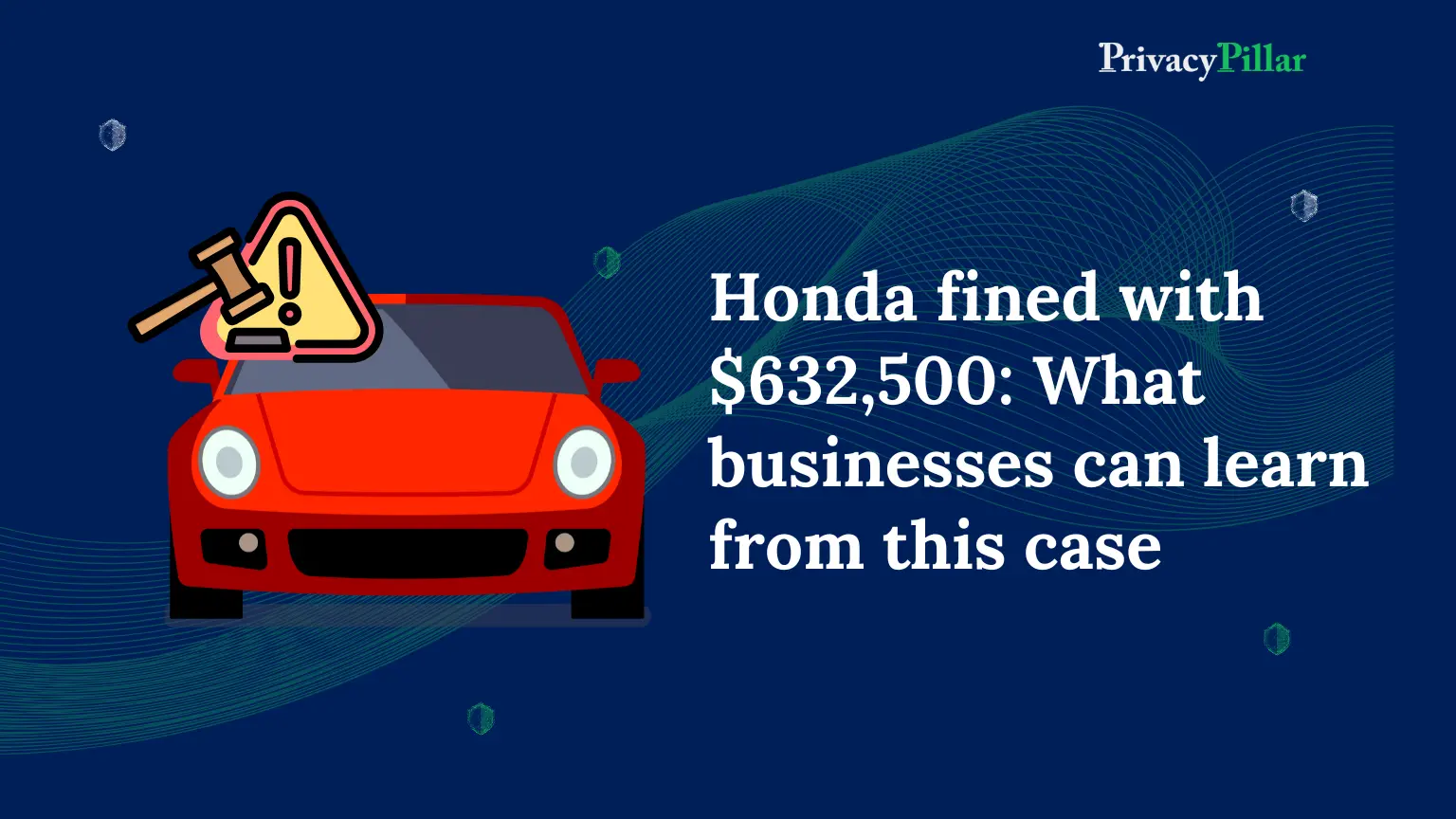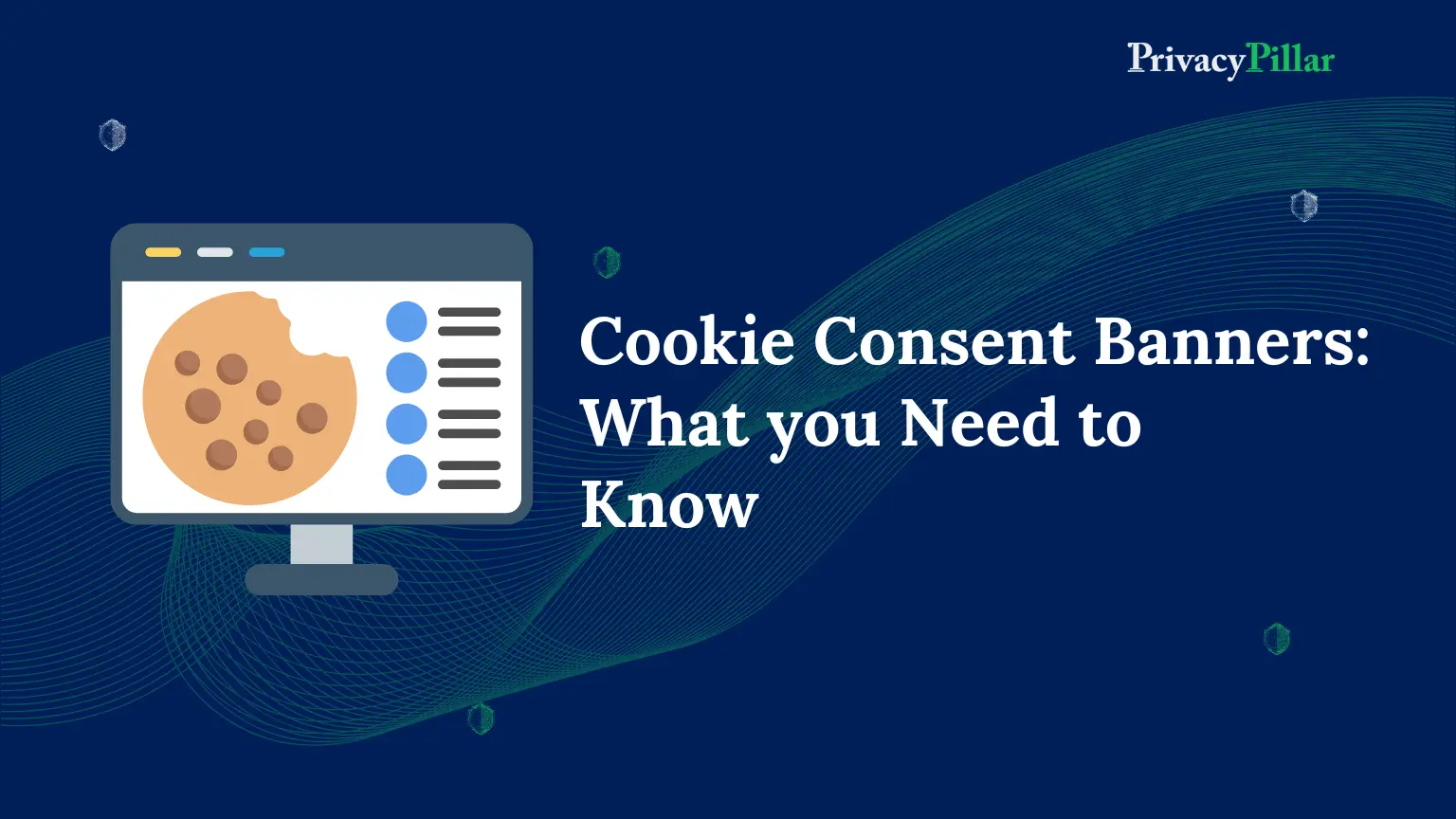
Data Privacy Challenges and Solutions for Pharmaceutical Companies
The pharmaceutical industry handles a lot of personal and sensitive data, including medical histories, genetic information, and clinical trial results. Failing to protect this data can result in losing patient trust, incurring regulatory penalties, and damaging the company’s reputation.
According to IBM’s 2021 Cost of a Data Breach Report, the pharmaceutical industry suffered an average cost of over $5 million due to a data breach, ranking third highest among all industries. Only the financial and healthcare sectors incurred higher costs.
Data breaches affecting major pharmaceutical companies have significantly increased in recent years, rising from around 2,000 in 2018 to over 9,800 by September 2021, exposing millions of patient records.
Moreover, data breaches can lead to identity theft, financial fraud, and even physical harm if medical information falls into the wrong hands. Consequently, pharmaceutical companies must prioritize data privacy and implement robust measures to safeguard sensitive information.
Regulatory Compliance Mandatory for Pharmaceutical Industry.
Pharmaceutical companies function in a regulated environment subjected to various laws and regulations that oversee data privacy and security. These regulations, such as the CCPA/CPRA, CPA, and federal health regulations, such as HIPAA in the United States and the GDPR in the European Union, establish stringent standards for collecting, storing, and processing personal data.
Compliance with these regulations is a legal obligation that helps maintain public trust and ensures that sensitive information is handled ethically. To avoid expensive penalties, companies must stay current with evolving regulations and implement data privacy policies and procedures to mitigate risks.
Common Causes of Data Privacy Breaches in Pharmaceutical Companies
There are several ways in which data privacy can be breached in pharmaceutical companies:
Insider Threats: Employees, contractors, or business partners who have excessive access privileges can unintentionally or intentionally expose sensitive data, which can lead to insider threats. Such threats can arise for various reasons, such as disgruntled employees, human error, or lack of proper training and awareness about data privacy best practices.
Third-Party Vendor Risks: Pharmaceutical companies regularly share confidential data with third-party vendors and partners at various stages of the drug development process. However, a data breach at a third-party vendor could unintentionally expose sensitive information such as research and development (R&D) data, intellectual property (IP), or the personal information of patients and research subjects.
Cloud Misconfigurations: As pharmaceutical companies increasingly adopt cloud computing, misconfigurations or lack of proper access controls can lead to data exposure in cloud environments. Multi-cloud environments are more susceptible to data breaches due to increased complexity and potential misconfigurations.
Inadequate Data Security Measures: Failure to implement data encryption, access controls, and secure data storage practices can expose sensitive data to unauthorized access or theft. Lack of employee training, incident response planning, and continuous monitoring can also contribute to data privacy breaches.
To mitigate these risks, pharmaceutical companies must adopt a comprehensive approach to data privacy.
The Impact on Pharmaceutical Companies
The consequences of privacy violations can have far-reaching effects on pharmaceutical companies, including:
- Financial Losses: Data Privacy breaches can result in costly legal fees, regulatory fines, remediation expenses, and potential revenue loss due to operational disruptions. Pharmaceutical companies must comply with data privacy regulations like CCPA/CPRA and CPA and federal health regulations like HIPAA and the EU’s GDPR. Violations of these regulations can result in significant fines.
For instance, The California Consumer Privacy Act (CCPA) permits fines of up to $7,500 for each infringement. In the United States, the Federal Trade Commission (FTC) can initiate legal proceedings and impose penalties of up to $40,000 for each FTC Act or COPPA violation, and each day of non-compliance is treated as a distinct violation, while GDPR fines can reach €20 million or 4% of global annual revenue.
- Legal Liabilities: Pharmaceutical companies may face lawsuits from patients, healthcare providers, and regulatory bodies for failing to protect sensitive data adequately. These lawsuits can seek compensation for damages such as identity theft, financial fraud, physical harm resulting from exposed medical data, and breach of trust/privacy violations.
- Reputational Damage: Violation of Data Privacy can severely damage a company’s brand image and erode public trust, leading to long-term consequences.
How PrivacyPillar Can Help
At PrivacyPillar, we are dedicated to offering end-to-end data privacy compliance solutions customized to cater to the specific requirements of the pharmaceutical industry. Our team of professionals can help you create privacy policies, manage cookie consent, and ensure compliance with DSAR (Data Subject Access Request) regulations.
We provide a modern consent management platform that-
- Simplifies obtaining and handling user consent,
- Ensures compliance with data privacy regulations.
- Improve the user experience and increase genuine consent rates.
In the pharmaceutical industry, a consent management platform ensures legal compliance, improves user trust, enhances operational efficiency, and provides better control over data handling processes.
PrivacyPillar offers a solution to automate the handling of Data Subject Access Requests (DSARs). With its automated workflows and data discovery systems, the platform –
- Streamlines handling of Data Subject Access Requests (DSARs).
- Automated workflows and data discovery systems simplify response processes.
- Ensures continuous compliance and seamless operations.
- Real-time notifications facilitate clear communication with data subjects.
By automating the DSAR management process, PrivacyPillar helps pharmaceutical organizations reduce the complexity of privacy obligations, increase consumer engagement, and scale their top-line growth.
We implement constant monitoring and threat intelligence solutions to ensure compliance with relevant regulations, such as CCPA, GDPR, and other US privacy laws.
Best Practices for Data Privacy Compliance
To effectively protect Personal and sensitive data, pharmaceutical companies should adopt the following best practices:
- Data Minimization: Collect and retain only the personal data required for legitimate business purposes, minimizing the risk of unauthorized access or misuse.
- Access Controls: Implement robust access controls, such as role-based access restrictions, multi-factor authentication, and regular audits, to ensure that only authorized personnel can access sensitive data.
- Encryption: Industry-standard encryption algorithms and protocols should be used to encrypt data both in transit and at rest, which helps prevent unauthorized access and data breaches.
- Secure Data Storage: Secure sensitive data in encrypted databases or clouds with strict access controls and backups, ensuring integrity and availability.
- Employee Training: Comprehensive training on data privacy best practices is crucial. This includes secure handling of sensitive information, recognizing and reporting potential breaches, and promoting a culture of privacy awareness.
- Third-Party Risk Management: Carefully vet and monitor third-party vendors and partners accessing sensitive data to ensure adherence to strict data privacy and security standards.
Conclusion
Data privacy is a legal and moral obligation in the pharmaceutical industry. By implementing strong data privacy measures and following best practices, pharmaceutical companies can protect sensitive information, maintain public trust, and uphold the highest ethical standards in handling personal data. By partnering with PrivacyPillar, pharmaceutical companies can safeguard sensitive data and maintain the highest data privacy and security standards, fostering trust and confidence among patients, regulators, and stakeholders.



